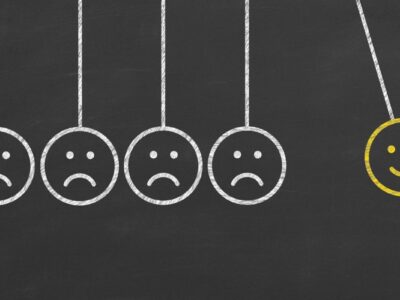How Lack of Sleep affects your Health
Sleep and the health of the whole body are connected in a way that many people do not recognize. A large part of the population lacks hours of sleep almost every day. The consequences of lack of sleep can be mild, such as feeling constant fatigue and have difficulty concentrating, to serious, such as catching an infection or compromising mental health.
Know the Consequences of poor sleep
1. Weight gain
Insufficient sleep or sleeping badly every night can put you at risk of gaining weight. According to Harvard University , a review of 36 studies, published in 2008 in the scientific journal Obesity , found a relationship between lack of sleep and the risk of obesity. The bond seems to be strong especially among the little ones.
The lack of sleep destabilizes the levels of the hormones that control the appetite. The daily fatigue that results from several nights of insufficient sleep , in addition, can take away the desire to exercise. Consequently, if you sleep, you end up eating too much and spending less energy. The body makes reservations: excess adipose tissue can increase the risk of other health problems, some of which are also related to sleep in other ways.
m nbvc[xs0d;pu/kiED MEDEN / SHUTTERSTOCK
2. Diabetes
A 2009 study, published in Diabetes Care , found a significant increase in the risk of type 2 diabetes in people with insomnia. Those people who had no complaints about their sleep habits or who could sleep more than six hours a night were three times less likely to contract the disease.
According to the British health service , the link could be due to the fact that lack of sleep alters the way in which the body processes glucose, whose difficulty in absorption causes diabetes.

MONTRI THIPSORN / SHUTTERSTOCK
3. High blood pressure
Researchers chose 1700 random people, men and women, from rural Pennsylvania to assess the risk of high blood pressure in the same group of people. As described in the study, published in the scientific journal Sleep , it was found that the risk of hypertension was three and a half times higher in people with insomnia who slept less than six hours a day, compared with those who slept more.

SATYRENKO VIA SHUTTERSTOCK
You Might Like to Read: 7 Reasons Why You Are Not Getting Sleep And How To Treat Them
4. Cardiovascular diseases
A large number of studies have linked the lack of short-term sleep with several known risk factors for cardiovascular diseases. Not only a rise in blood pressure, but also an increase in triglycerides and cholesterol levels may be responsible for this link.
In a study conducted in Japan that monitored sleep habits 98 thousand people aged 40 to 79 over a period of 14 years, it was discovered that, compared to those who get 7 hours or more of sleep, people who did not sleep more than 4 hours had a doubly increased risk of dying from a heart problem.

FILE404 VIA SHUTTERSTOCK
5. Viral infections
The lack of prolonged sleep weakens the immune system. According to a small study, people who sleep, on average, less than 7 hours per night, have three times more risk of getting sick than those who sleep at least 8 hours.

PHOTO BY KELLY SIKKEMA ON UNSPLASH
You Might Like to Read: Do you Know Why Women have Orgasms While they Sleep
6. Mental health
Traditionally, doctors who treated mental disorders saw insomnia and other sleeping problems as symptoms. According to Harvard , now, several studies conducted in adults and children suggest that lack of sleep can increase risk and even contribute directly to the development of mental illness.
Sleeping problems are especially common in patients with anxiety, depression, bipolar disorder, and attention deficit hyperactivity disorder. Irruptions in sleep affect the levels of certain neurotransmitters and stress hormones, for example; thus, they can destabilize the mood of any person, affecting rational thinking and the regulation of emotions. On the other hand, there are reports that REM (rapid eye movement) sleep contributes to emotional health in complex ways.

PHOTO BY DANIELLE MACINNES ON UNSPLASH
Recover all the dream you lost: Harvard teaches you how
Harvard adds that we very often think of sleep as an indulgence or a luxury, when we should recognize that adequate sleep is as important to health as diet or exercise. The university recommends some tactics to recover lost sleep.
If you have a short-term loss of sleep , that is, you lost a few hours of sleep in the week, add hours of sleep in the last days of the week and on the weekend. Long-term lost sleep may be harder to recover. It may take a few weeks to pay off the debt. The advice of Harvard is to take vacations with few obligations and for which there is no need to set alarms. It is possible that, at first, you are sleeping 12 hours or more, but with the passing of days your body will get used to being rested and you will wake up naturally when you are ready.
You Might Like to Read: 5 Tips to Fall Sleep Quickly and Wake Up like New
Once you have determined how many hours of sleep you need (the range is between 7 and 9 hours), make the dream an irremovable part of your agenda. Avoid falling into another debt.






